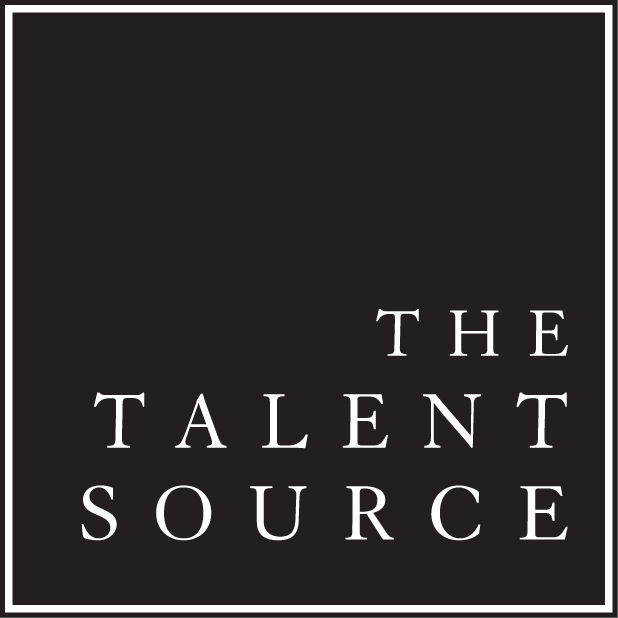Are you prepared for the top 5 interview questions?
What can you bring to the company?
When interviewers ask this question, they aren’t just looking to hear about your background. They want to see that you recognize what problems and challenges they’re facing as a company as well as how you’ll fit into the existing company environment. Read the job description thoroughly, do your research, and make sure you pay close attention in your early round interviews to understand any issues you’re being hired to solve. Then, the main goal is to connect your skills and experiences to what the company needs and share an example that shows how you’ve done similar work in the past.
Example:
“As Kirsten talked about in our earlier interview Gordon Co is looking to expand its market to healthcare clients, so I’d bring my expertise in this area. In most of my past roles, this segment has been my focus and in my current role, I also played a big part in creating our sales strategies when the business began selling to these customers. I worked with my managers to develop the requirements. I also listened in on several sales calls with other account execs who were selling to these customers for the first time and gave them pointers and other feedback.
In the first quarter, our 10-person development team delivered 50 new features to our product, and I personally delivered ten new use cases. I helped guide my last company through the expansion into the Healthcare industry, and I’m eager to do that again.
2. Tell me about a challenge or conflict you’ve faced at work, and how you dealt with it.
You’re probably not excited to discuss conflict you’ve had at work during a job interview. But if asked directly, don’t pretend you’ve never had one. Be honest about a difficult situation you have faced but without going into the kind of detail you’d share venting to a friend.
Most of the time when interviewers ask this question they are looking to gauge your willingness to face difficult situations and make sincere attempt at coming to a solution. Stay calm and professional as you tell the story spend more time talking about the resolution than the conflict, and mention what you’d do differently next time to show “you’re open to learning from tough experiences.”
Example:
“Funnily enough, last year I was part of a committee that put together a training on conflict intervention in the workplace and the amount of pushback we got for requiring attendance really put our training to the test. There was one senior staff member in particular who seemed adamant. It took some careful listening to understand he felt like it wasn’t the best use of his time given the workload he was juggling. I made sure to acknowledge his concern. And then I focused on his direct objection and explained how the training was meant to improve not just the culture of the company, but also the efficiency at which we operated — and that the goal was for the training to make everyone’s workload feel lighter. He did eventually attend and was there when I talked to the whole staff about identifying the root issue of a conflict and addressing that directly without bringing in other issues, which is how I aim to handle any disagreement in the workplace.”
3. Why are you leaving your current job?
This can be a difficult one, but you can count on being asked.
Be sure to keep things positive — you have nothing to gain by being negative about your current employer. Instead, frame the conversation in a way that shows you are eager to take on new opportunities and that the role you’re interviewing for is a better fit for you. For example, “I’d really love to be part of product development from beginning to end, and I know I’d have that opportunity here.” And if you were let go from your most recent job? Keep it simple: “Unfortunately, I was let go,” is a totally acceptable answer.
Example:
“I’m ready for the next challenge in my career. I loved the people I worked with and the projects I worked on, but at some point I realized I wasn’t being challenged the way I used to be. Rather than let myself get too comfortable, I decided to pursue a position where I can continue to grow.”
4. How would your boss and coworkers describe you?
Firstly, be honest, then try to pull out strengths and traits you haven’t discussed in other aspects of the interview, such as your strong work ethic or your willingness to support other projects when needed.
Example:
“Actually, in my most recent performance review in April, my direct supervisor described me as someone who takes initiative and doesn’t shy away from hard problems. My role involves a lot of on-site implementations, and when things go wrong, it’s usually up to me to fix it. Rather than punting the problem back to the team, I always try to do what I can first. I know she appreciates that about me.”
5. Do you have any questions for us?
We know that you know an interview isn’t just a chance for a hiring manager to grill you — it’s an opportunity to decide if the job is the right fit from your perspective. What do you want to know about the position? The company? The department? The team? You’ll cover a lot of this in the actual interview, so have a few less - common questions ready to go. We especially like questions targeted to the interviewer (“What's your favorite part about working here?”) or the company’s growth (“What can you tell me about your new products or plans for growth?”) If you’re interviewing for a remote role, there are some specific questions you might want to ask related to that.
